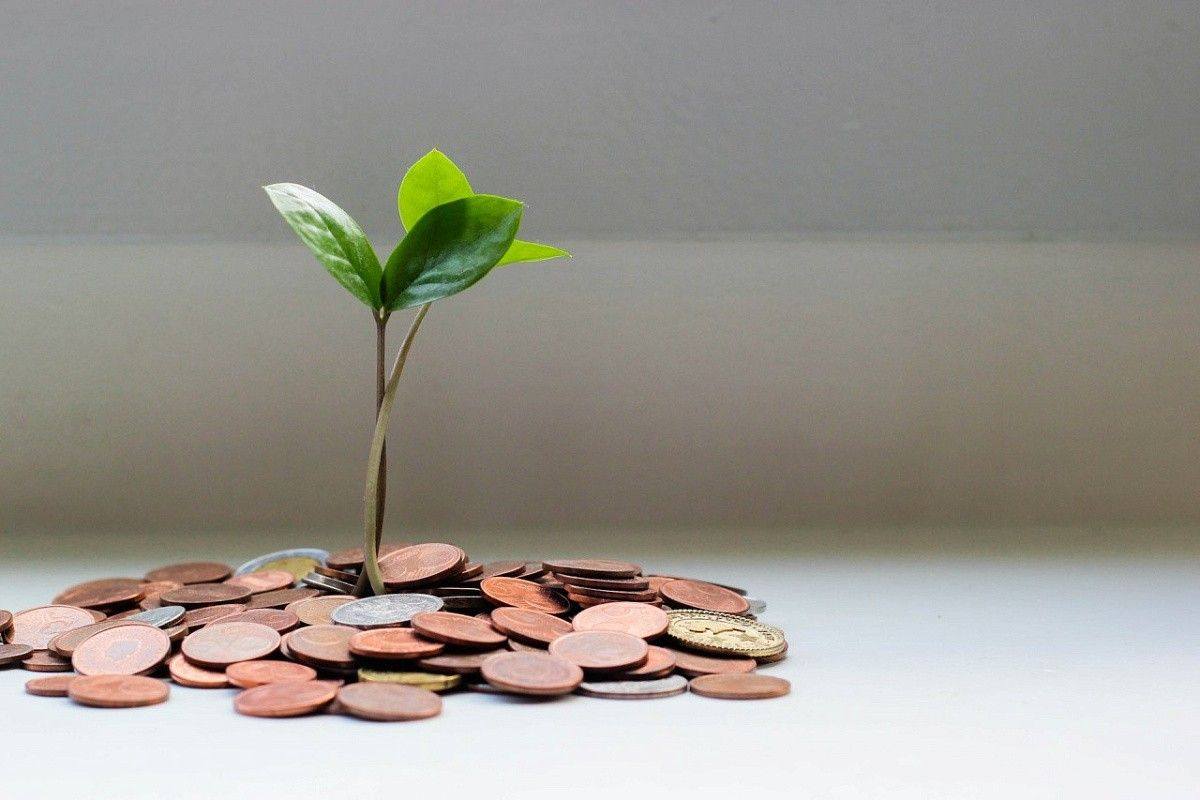The Wake-Up Call
Overspending often creeps in slowly—small indulgences, lifestyle inflation, and untracked expenses accumulate until one day, the numbers no longer lie. The bank account is strained, savings are depleted, and anxiety replaces comfort. But a financial reboot isn't just possible; it's a transformative journey that begins with awareness and intention. When spending patterns clash with reality, it’s time to press reset.
Assess the Wreckage with Honesty
Before healing can begin, an honest financial audit is essential. List all debts, monthly obligations, and recurring expenses. Compare them with your income and identify any glaring discrepancies. Highlight wasteful areas: subscriptions you forgot, dining that turned habitual, or impulse purchases that added no value. This phase requires no shame—just clarity.
Important!! Honesty in this step sets the tone for everything that follows. Without it, every solution will be built on sand.
Characteristics of a Financial Reboot
To keep this journey grounded and effective, look out for these key traits:
- Discipline over Desire: The power to say “no” in moments of temptation is a muscle that must be trained.
- Consistency is Currency: Small, daily efforts lead to the most enduring changes.
- Clarity Creates Calm: Knowing exactly where money goes reduces anxiety and inspires control.
- Patience as Capital: Rebuilding takes time; trust the process.
These qualities don’t just restore your finances—they reshape your relationship with money.
Set New Ground Rules
Rebooting means rewriting the rules. Craft a new budget grounded in needs, not wants. Use the 50/30/20 rule as a foundation—50% for necessities, 30% for flexible spending, and 20% for debt repayment and savings. Reevaluate this breakdown as your financial landscape changes. Make your money serve you, not enslave you.
To make budgeting a habit, automate your savings, set spending alerts, and track everything—even cash. The act of observing alone can change behavior.
Build a Safety Net
No reboot is complete without a cushion. Begin building an emergency fund, even if it's small at first. Aim for one month of expenses, then work toward three to six months. This buffer will guard against future slumps and allow you to breathe easier, knowing you're protected from the unexpected.
Supplement this with intentional saving: a vacation fund, a holiday account, even a “treat-yourself” jar. It’s not about deprivation—it’s about mindful rewards.
Shift the Money Mindset
Financial healing isn't just arithmetic; it's emotional. Examine the triggers behind the spending. Was it stress? Status? Loneliness? Understanding these patterns helps prevent relapse. Replace spending habits with enriching ones—journaling, hobbies, or community involvement. Each non-monetary joy becomes an anchor of stability.
A healthy money mindset views every dollar as a decision—not a chain, but a choice. When you spend, let it be with awareness and purpose.
The Rebirth of Balance
A financial reboot isn’t a punishment—it’s a renewal. It’s a process of coming back into balance, learning from the excess, and choosing sustainability over short-term gratification. With resilience and resolve, your bank balance can rise—but more importantly, so can your peace of mind.

